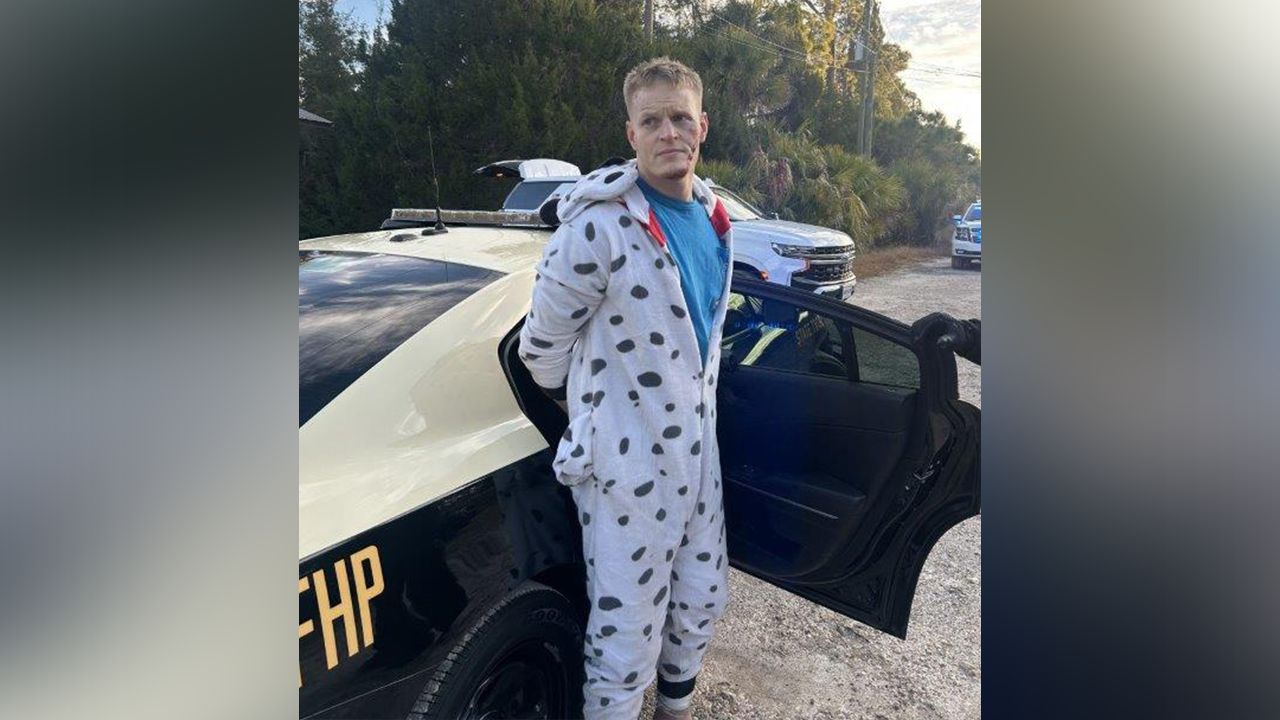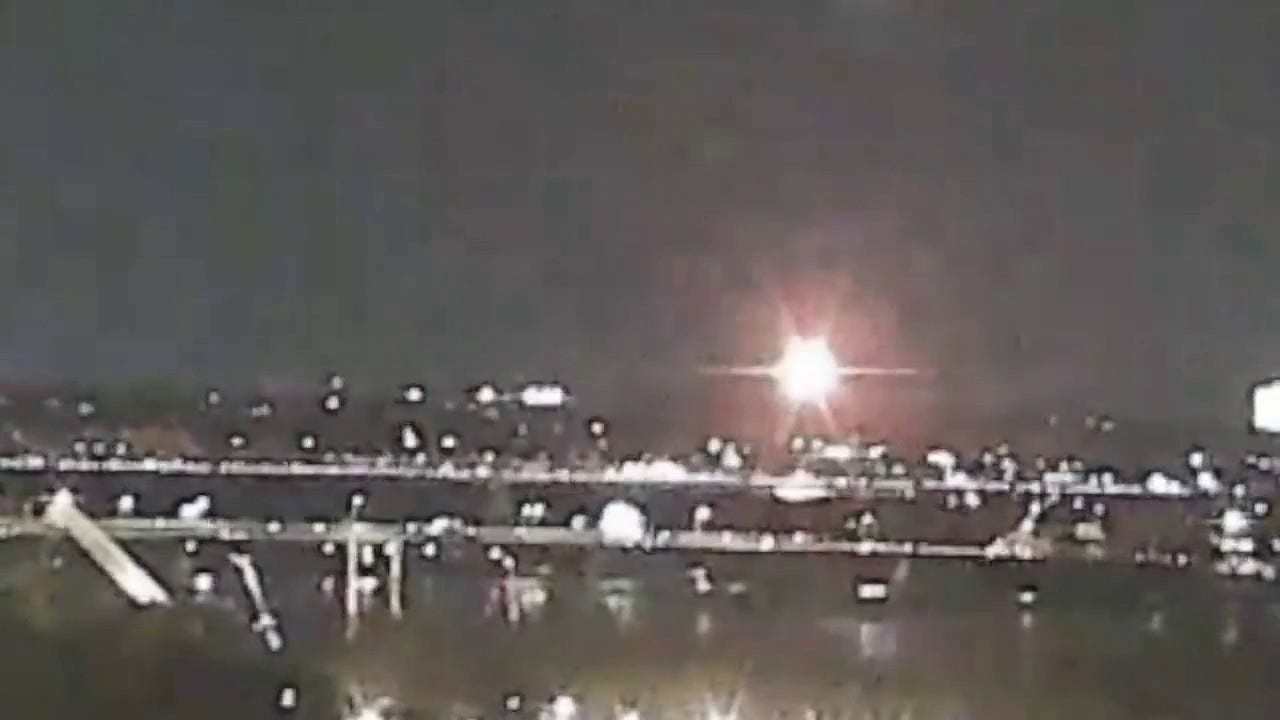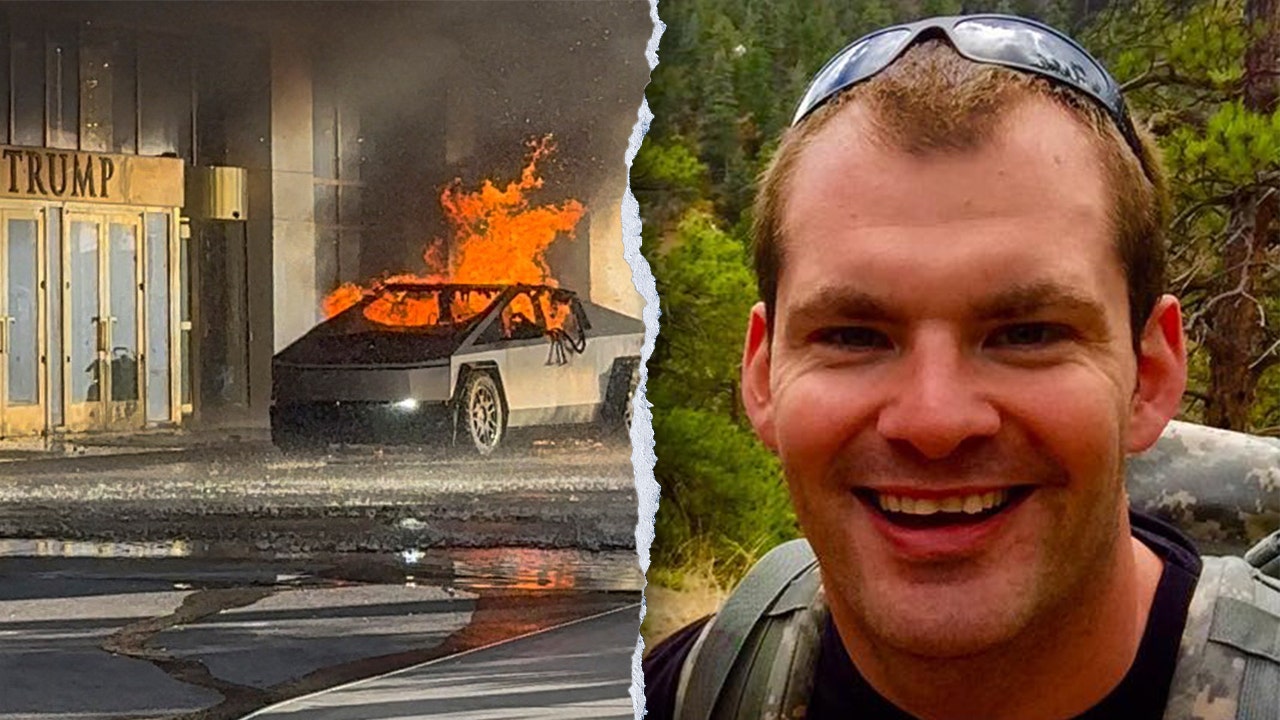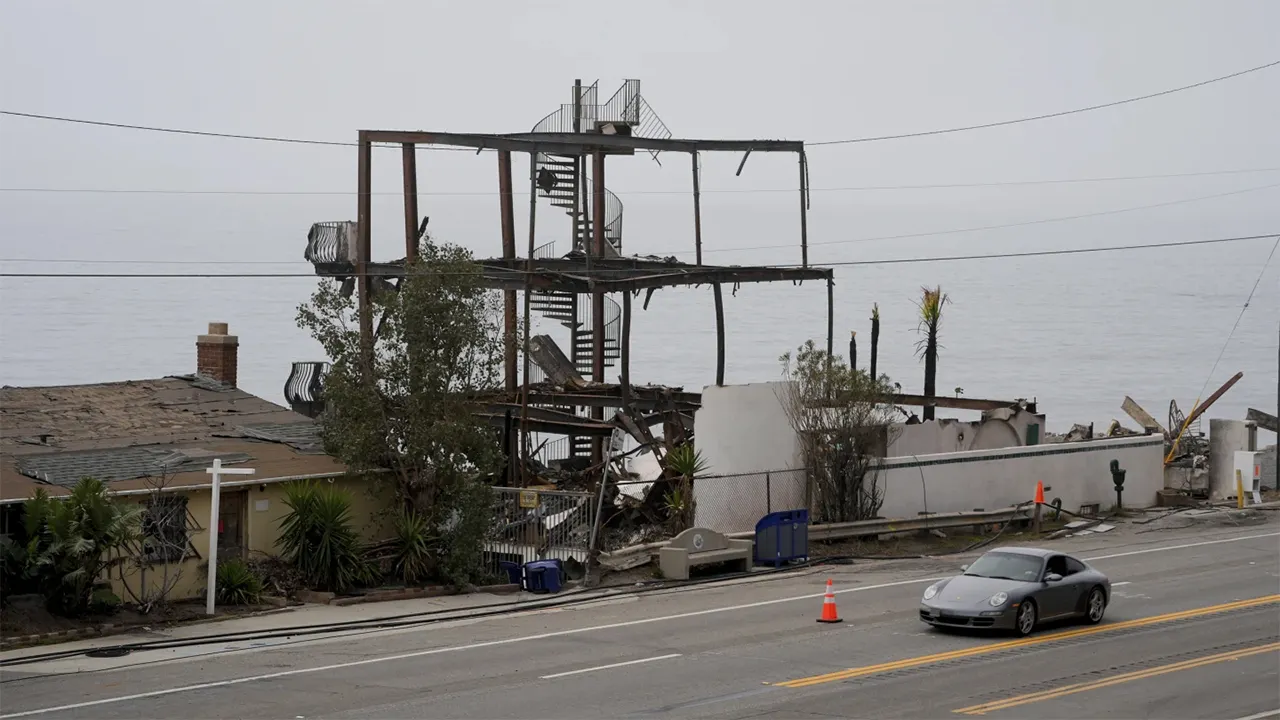This story discusses suicide. If you or someone you know is having thoughts of suicide, please contact the Suicide & Crisis Lifeline at 988 or 1-800-273-TALK (8255).
Matthew Livelsberger’s Unrecognized Struggles
The driver who exploded a Tesla Cybertruck in front of the Trump International Hotel Las Vegas on New Year’s Day did not display any “concerning behavior” at the time he was granted personal leave from his station in Germany, a U.S. Army spokesperson said.
Master Sgt. Matthew Livelsberger, a 37-year-old Army Green Beret, had access to the POTFF [Preservation of the Force and Family] program. He utilized the program as needed, yet, according to Brig. Gen. Amanda Azubuike, Chief of Public Affairs, he exhibited no troubling signs before his leave. This assertion arrives as a chilling reminder that festering issues often remain beneath the surface, unnoticed by those closest. All pertinent records were handed over to the FBI, which is now spearheading the investigation.
A Glimpse into the Mind of a Veteran
On a somber afternoon, LVMPD Sheriff Kevin McMahill spoke to the media about Livelsberger’s battle with PTSD and the likely motives behind the shocking New Year’s incident. He characterized this event as a poignant case, highlighting the trauma faced by many combat veterans.
“This tragic case,” McMahill mentioned, “involves a decorated combat veteran fighting profound inner demons.” His statement reflects a broader societal concern—how mental health issues haunt those who serve. These individuals, serving on the front lines, endure experiences that challenge them physically and mentally, yet they often return to a world that overlooks their struggles.
McMahill’s assertion resonates deeply. The focus on wellness for first responders underscores the pressing need to address mental health for those who have served. Stressful situations, the echoes of battle, and the weight of memories can create an invisible burden that is rarely shared. If only we could pause and truly listen to them, perhaps many lives could be saved.
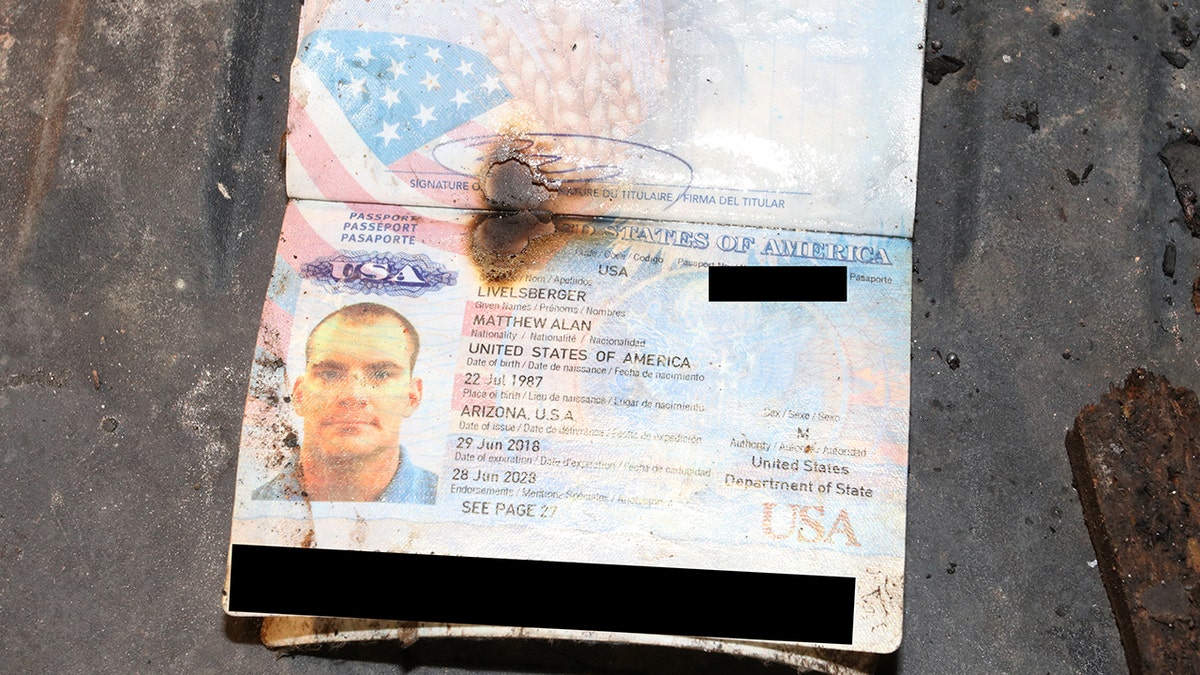
Reflections on a Disturbing Manifesto
This ordeal resulted in police officials unveiling sections of Livelsberger’s “manifesto.” What he wrote was both a personal confession and a public outcry. “This is not a terrorist attack, it was a wake-up call,” he noted in his fragmented thoughts. “Americans only pay attention to spectacles and violence.” His words hint at a profound disillusionment—a cry for attention in a world seemingly indifferent to the struggles faced by those returning from war.
There’s a tragic irony in his desire to shed light on mental health through such an explosive act. He expressed guilt about the brothers he had lost in combat and the burden of lives he had taken. In this way, this event was not merely an end but a distorted attempt at a beginning, a desperate plea for recognition, for healing, for understanding.
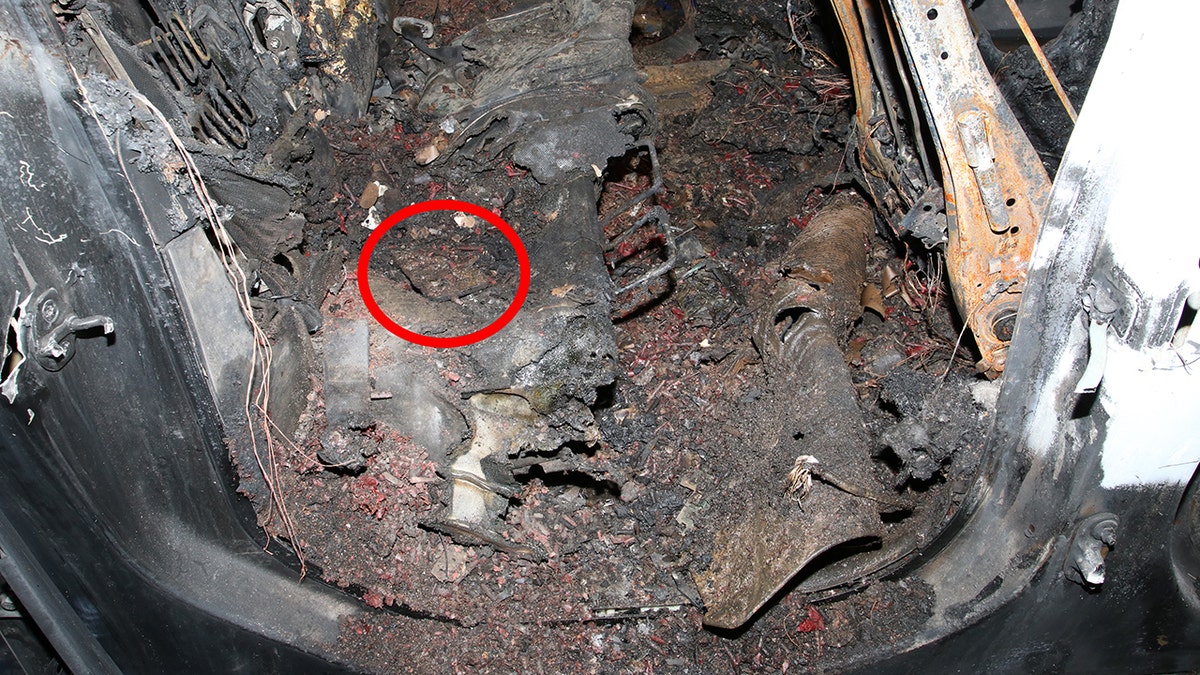
The Final Act
Sadly, the day turned tragic. LVMPD Assistant Sheriff Dori Koren elaborated on the circumstances surrounding Livelsberger’s death, indicating that he died from a self-inflicted gunshot. The coroner detailed the nature of his injury, reporting an intro-orbital wound, signifying his final moments were imbued with despair.
In our world, where mental health issues so often remain hidden, this incident serves as a painful reminder. As we move about our daily lives, let’s remember that beneath any stoic exterior lies a tumultuous inner life—one deserving of our attention. A random fact: Did you know that an overwhelming number of veterans—approximately 20 each day—die by suicide in the United States? Listening, compassion, and understanding could bridge the gap between life and death for someone in need. It starts with us, not as spectators to trauma, but as advocates for healing.


